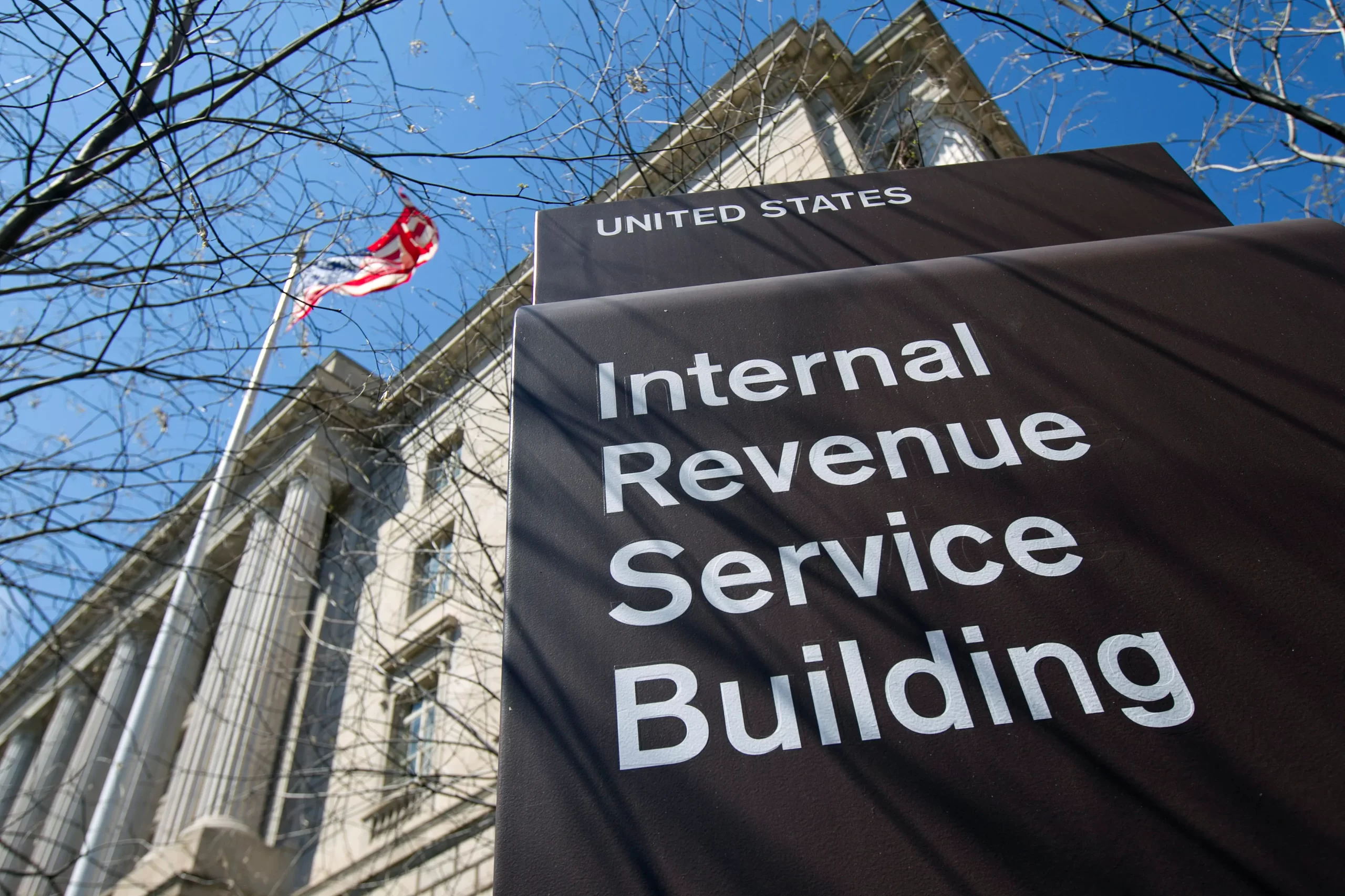The IRS is taking another step forward in its efforts to streamline cryptocurrency tax compliance with the release of the draft Form 1099-DA, designed for digital asset transactions. This new form, aimed for implementation in 2025 for the 2026 reporting period, reflects the evolving landscape of digital asset management and taxation.
Overview of Form 1099-DA
The Form 1099-DA, titled “Digital Asset Proceeds from Broker Transactions,” is set to be prepared by brokers for each customer engaging in the sale or exchange of digital assets. This encompasses a range of entities such as kiosk operators, digital asset payment processors, and both hosted and unhosted wallet providers. The form will require details such as token codes, wallet addresses, and blockchain transaction locations, aiming to provide the IRS with sufficient data to verify crypto-related transactions effectively.
Scope and Challenges of the New Reporting Requirements
Under the new rules proposed in August 2023, various digital assets including cryptocurrencies, non-fungible tokens (NFTs), and stablecoins will be subject to reporting. This move is part of a broader initiative to enhance transparency and reduce the likelihood of tax evasion within the rapidly growing digital asset market. However, the proposal has faced criticism from the crypto community and industry leaders. For instance, Coinbase’s chief legal officer, Paul Grewal, has expressed concerns over privacy and the potential overreach of surveillance on everyday financial transactions.
Industry Reactions and Legal Concerns
The Blockchain Association has criticized the draft rules, pointing out what it perceives as fundamental misunderstandings about the nature of digital assets and decentralized technology. Tax experts and law firms have also voiced concerns about the practicality of these new regulations, particularly around decentralized finance (DeFi) where traditional intermediaries are absent, and the significant administrative burden it could place on brokers.
Implications for Brokers and Taxpayers
Brokers will be challenged with the task of exchanging information to accurately determine the cost basis of digital asset transfers, a process currently lacking a standardized mechanism. Moreover, distinguishing between self-transfers and taxable events could pose additional difficulties. Taxpayers, especially those with underreported crypto income in previous years, may find themselves under increased scrutiny once these new reporting standards take effect.
Looking Ahead
As the IRS continues to accept comments on the draft form, it remains open to feedback from various stakeholders in the cryptocurrency ecosystem. The development and refinement of Form 1099-DA are indicative of the IRS’s commitment to adapting its strategies to keep pace with technological advancements and ensure a fair taxation process for all involved parties.
